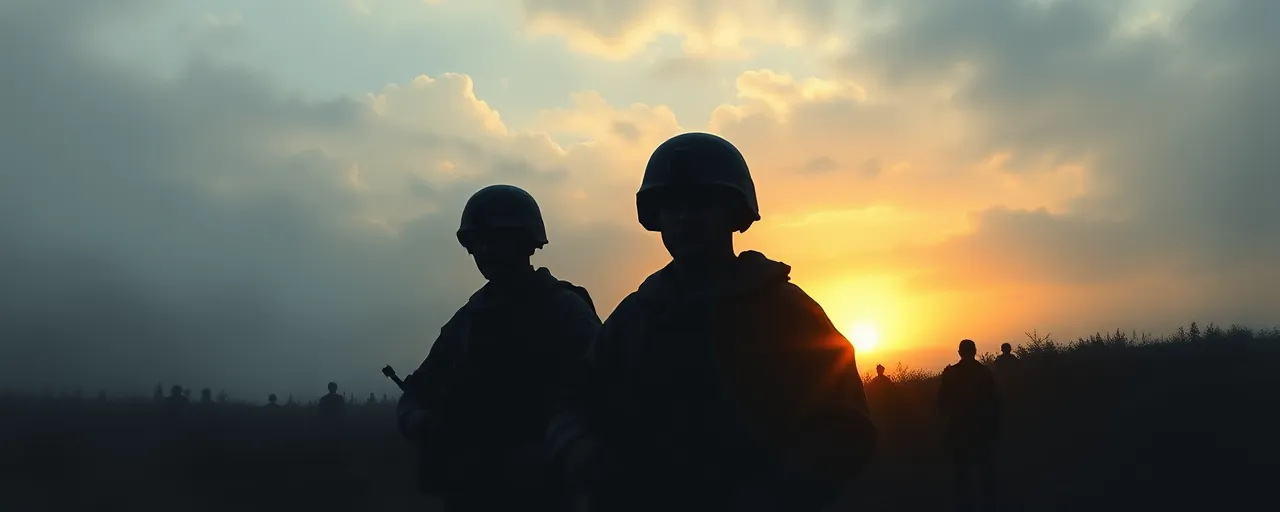A Long-Overdue Correction
The Department of Defense just threw a lifeline to 8,700 service members who were unceremoniously kicked out for refusing the COVID-19 vaccine. Chief Pentagon Spokesman Sean Parnell didn’t mince words: their service mattered then, and it matters now. Starting April 7, 2025, these patriots have until February 7, 2026, to reclaim their place in the ranks. This isn’t just a policy tweak; it’s a bold admission that the previous vaccine mandate was a misstep, one that fractured trust and sidelined capable warriors over a divisive health edict.
Let’s be real: these weren’t deserters or troublemakers. They were men and women who stood firm on principle, often rooted in personal conviction or faith, against a mandate that steamrolled their rights. The Pentagon’s outreach now signals a shift, a recognition that readiness and morale outweigh the rigid dogma of bureaucrats who once thought forced jabs were the only path to national security. It’s a victory for those who value individual liberty over collectivist overreach, and it’s about time.
Strengthening the Force, Not Weakening It
Critics will cry that letting unvaccinated troops back in risks outbreaks, pointing to the USS Theodore Roosevelt mess in 2020, where over a quarter of the crew got sick. But that argument’s flimsy. By late 2021, over 96% of active-duty personnel were vaccinated, yet the mandate still axed thousands for noncompliance. The real threat to readiness wasn’t a virus; it was the loss of trained, dedicated fighters over a policy that ignored natural immunity and high compliance rates. Bringing them back rebuilds unit cohesion, not the other way around.
History backs this up. Smallpox inoculations during the Revolutionary War worked because they targeted a clear, deadly threat with proven results, not a politically charged vaccine rushed under emergency rules. The COVID mandate, tied up in legal battles over religious exemptions and informed consent, never had that clarity. Courts have long upheld military health orders, sure, but the Anthrax vaccine fiasco showed how mandates falter when trust erodes. Reinstating these troops proves we’ve learned that lesson: a strong military prioritizes its people over blind adherence to health fads.
A Practical Path Forward
The reinstatement process isn’t some half-baked gesture. Eligible service members can return at their prior rank, with back pay and benefits, provided they meet basic medical and fitness standards. Waivers are generous, and the Boards for Correction of Military Records are fast-tracking reviews to right past wrongs. A four-year commitment, or two if they’re near retirement, ensures stability. This isn’t charity; it’s a calculated move to restore a force depleted by shortsighted policy.
Contrast that with the naysayers who’d rather see these veterans languish in civilian limbo, struggling with unemployment or the VA’s red tape. Veteran reintegration’s already a minefield, high suicide rates and rural access gaps prove that. Why punish those who served honorably when we can bring them back into the fold? The Pentagon’s outreach, kicking off now, cuts through the noise with clear info and support, showing these troops they’re valued, not discarded.
Trust Restored, Mission First
Public faith in military health policies took a hit when the mandate rolled out. Lawsuits piled up, troops felt coerced, and misinformation festered because the top brass didn’t explain, they dictated. The repeal in 2023 was a start, but this reinstatement seals the deal. It tells service members their voices matter, that the Department won’t bow to political winds over their well-being. That’s how you rebuild trust, not with more top-down edicts.
Those pushing for endless mandates miss the point. Readiness isn’t about forcing every soldier into a one-size-fits-all health box; it’s about leveraging their skills and loyalty. The 8,700 coming back aren’t a liability, they’re an asset. Their return sends a message: America’s military thrives when it honors its own, not when it bends to the whims of health czars or Beltway ideologues.
